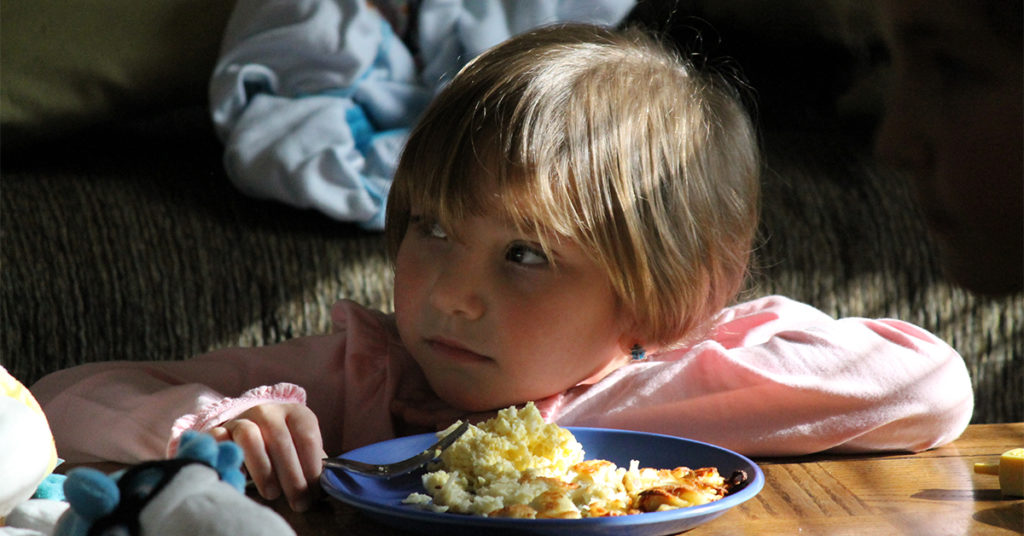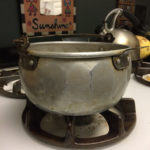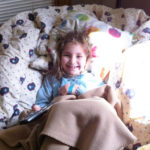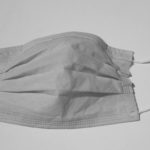More has been written about Atul Gawande’s book Being Mortal than on most other books on medicine and health, combined. It was reviewed in the New York Times, The Guardian, The Wall Street Journal, and dozens of other newspapers, magazines, and other publications large and small. Its study of how the medical profession handles the process of dying — whether that process comes at the end of a full life or far too soon — has changed the national narrative. Doctors are coming around to the idea of supporting patients on their own terms as the end draws near, a concept which, to many, seems antithetical to their oaths. After all, are they not charged to “do no harm?” Gawande’s Being Mortal forces the discussion and redefinition of “harm.”
In an early chapter of the book, he writes that there are two kinds of courage. “The first,” he says, “is the courage to confront the reality of mortality—the courage to seek out the truth of what is to be feared and what is to be hoped when one is seriously ill. Such courage is difficult enough, but even more daunting is the second kind of courage—the courage to act on the truth we find.” As he shares the stories of his own patients — choosing between risky surgery and an uncomplicated but speedier end; finding ways to maintain autonomy as they age; managing varying levels of discomfort while remaining lucid and cogent — it is clear that all the scenarios where his courage to “act on the truth we find” are predicated on the first courage to “seek out the truth of what is to be feared.”
In other words, there can be no action toward healing without first determining how his patients define healing.
I read this book late at night, propped against my knees in bed, my husband reading and dozing beside me. I know, of course, that one day we will be old — and perhaps, one or both of us will be terminally ill — and these questions will be ones we will have to answer for each other and for the physicians who will care for us. In my quiet house, the reading light flickering, I felt my heartbeats quicken. Someday, I will need to plan for my own death. The thought chilled me, but in the light of the next morning, another thought stopped me in my tracks.
If it’s true that there can be no action toward healing without a real definition of what “health” is to each individual person, why is this conversation limited to end-of-life?
Of course, I am thinking of my daughter Sammi, the “sunshine” of this blog. When she sat at our kitchen counter and gagged down bowl after bowl of hot oat bran cereal, all the while feeling it fill her esophagus above the compression we didn’t know was there, I never once felt compelled to ask her whether anything we were doing was making her feel any better. Of course, I asked more pointed questions: does this taste good? can you eat this without coughing? does this hurt your throat? Still, I never asked “do you feel healthier than before we started this elimination diet?”
I never asked, “what do you wish felt better, in your body?”
I never asked, “does your swallowing and gagging make you feel bad?”
I just began taking her to doctors and doing whatever they said we should do. When they told us to be patient, we were patient. When they told us to do invasive tests, we did invasive tests. When they told us to have her eat normally again, we gave her normal foods again. None of it changed her reticence to eat, and none of it made it worse. She went on, quietly eating poorly, no matter what we did. Still, it wasn’t until I saw the first big mistake that I vocally disagreed with a doctor’s suggestion of how to treat my daughter. At no point, however, did any doctor ask my child or me what was most important to us.
No one asked us to define “health” for her.
No one asked us what our goals for her were.
Of course, for Sammi, her goals were probably too hard to describe. Even for her final surgery, she was only eight years old. As her mother, though, I could have at least tried to answer those questions. I would have defined health as “being able to fuel her caloric needs within a reasonable time frame at each meal.” I would have defined our goals as “more than two inches and two pounds of growth per year.” I would have defined a “healthy life” as “one with fewer medical interventions.”
Perhaps knowing those answers, doctors would have still made the same recommendations that they did — but, perhaps, they would have made different ones. Perhaps if they had known — or cared about — our priorities for Sammi, they would have come to other conclusions altogether, some of which might have seen her receive the diagnostic tests that eventually (too late) steered us in the right direction.
Gawande’s Being Mortal should change the conversation on more than end-of-life care. It should change the conversation on care, altogether.
This has been a Finish the Sentence Friday post, where this week’s prompt is from Kristi Campbell of FindingNinee.com and Kenya Johnson of Sporadically Yours and is “The last book I read was…” Technically, this isn’t the last book I read, but I did read it in 2018. I hope that’s close enough!







If you liked Being Mortal, you must read Dr. Daniela Lamas’s “You Can Stop Humming Now.” I’m writing a lot about end-of-life care right now and her book gutted me … in a good way.
Edited to add that you might also want to check out “Go Wish” (http://www.gowish.org/) and Dawn Gross’s “Dying to Talk” (https://drasyouwish.squarespace.com/about/). I just finished a story for the Association of American Medical Colleges on the changing face of end-of-life discussions. The culture is shifting, albeit slowly.
As always, thank you for another inspiring post.
Good fodder for discussion! Thank you, Amy. The internet is great for bringing people to each other in these enriching ways.
Thanks for the recommendation!
Parents always want what is best for their children. While trying to help our children it is not always our first thought to ask what they want. Our first thoughts are of panic and what to do to help. Yes, you are correct that we should ask, we should consider their wants and needs and I suppose we all get there eventually, but in the end, we are just doing what we think is best for our children.
Great post!
I figure that we as parents can get everything 75% right at best. Some of what happens is too hard to manage through our own panic – it’s true.
I was born with my disability and as a child no one asked what I wanted. They presumed and then did not listen to what I actually wanted. The focus was on making me look at normal as possible regardless of the permenate pain that left me in. My parents were too afraid to stand up to the doctors even when my physical therapist was telling them, rightly, that the surgery we were being pressured into would not work. I have PTSD and my mom still feels guilty. After that surgery I was not forced into anymore. I got rid of my leg braces, stopped physical therapy, and just lived my life. I did ask for and receive a surgery as a teen but that was only after doing my own research and switching to a different surgeon (the previous one had horribly botched the surgery that gave me PTSD). Especially when parents have no disability themselves it can be easy to trust that the doctors are doing the right thing. So often though I think children would be better served by doctors who sit down with the family and discuss quality of life rather than wasting a childhood on painful intetventions to “normalize” a child for the comfort of adults rather than the well being of the child.
I appreciate you sharing this. The internet offers a wonderful resource to parents to learn from each other and be more confident directing their child’s care.
Jamie, I am so sorry that happened to you. I know that I did the best I could for my daughter, but there are always going to be things I can see in retrospect that I could have done better. That’s actually the whole point of this blog, right? My daughter will have to tell her own story some day. I think in some ways I was “lucky” that my parenting journey with Sammi began with an anesthesiologist refusing to listen to me, and me being forced to advocate for myself. It was an early glimpse into what it meant to force the medical system to recognize my own agency. Thank you for sharing your story, painful as it is.
Those are some great questions. If I have I was asked to define healing I would say I just want to feel better. I’m not a big fan of medicines for sure. I want to do the right things to feel better even if it’s a process and not a quick fix. Thanks for the advice and an in depth description of what the book entails. Even though I’d say “I” just want to feel better, I don’t know if I would have thought to ask anyone who I am taking care of that question.
I hope I am not given reason to ask again, but I’m glad to have the tools for it anyway, you know?
I’m not sure why, but I’ve thought a lot about dying and final wishes recently. Partly because we’re overdue for a new will, with my husband’s two older children grown, and this move to Colorado and now renting out a house in VA… but wow. It’s a lot to think of. When it comes to Sammi, I think you did everything right.
“Being Mortal” deals less with wills and such than it does with the final weeks/days of living. Gawande asks what is most important at the end — what is the barometer for each person to determine a life worth living. One person said they wanted to be kept alive as long as they could still eat chocolate ice cream and watch football. I think it’s a great question to ask of ourselves and discussed with our loved ones. It’s hard, but important.